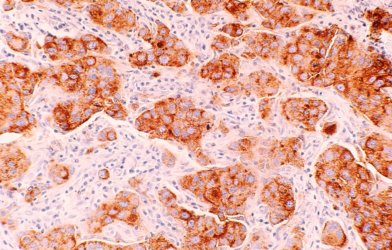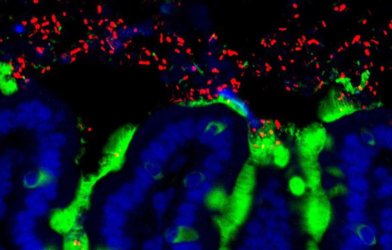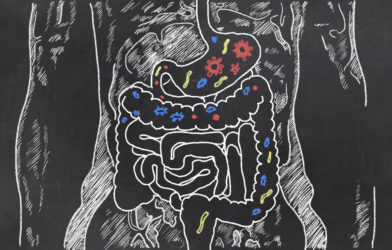
Microbiome


Why are fecal transplants so successful in repairing the gut? Study explores what happens when microbiomes mergeSeptember 22, 2022

Scientists discover gut bacteria differences in multiple sclerosis patientsSeptember 19, 2022

Some cancer-causing viruses suppress the immune system, thanks to regular gut bacteriaSeptember 14, 2022

Aging and the gut: Why taking care of your microbiome as you get older is vitalSeptember 9, 2022

Sleep apnea alters gut and heart health, probiotics may help reduce harmSeptember 9, 2022

Genes more involved in gut diseases like IBD than thought, mouse study showsSeptember 8, 2022

Air pollution harms infant gut health, low-income communities take the bruntSeptember 7, 2022

Too much sugar reduces gut bacteria essential for weight gain preventionSeptember 1, 2022
